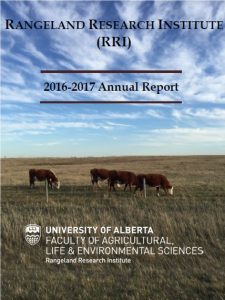Fenwick
Member
- Location
- Bretagne France
Grazing is just one tool, how many books do you read about "rest"?
I've got a post coming about that Subject, which ties back to total grazing, and thé 3hr dick Richardson talk.
Whats happening during périods of rest is my topic of interest right now. Got any trails for me @Kiwi Pete ? I'm not finding much on thé net.







